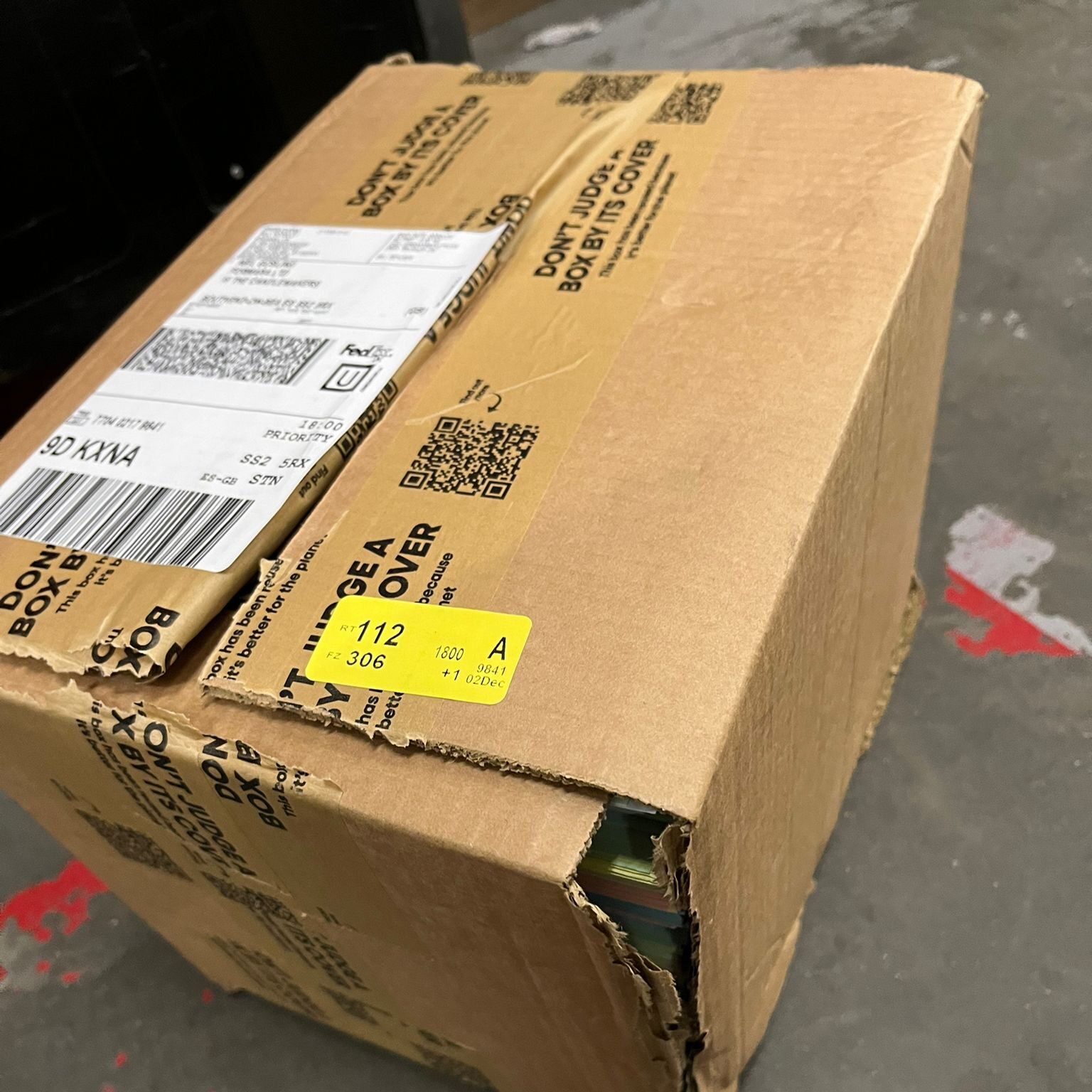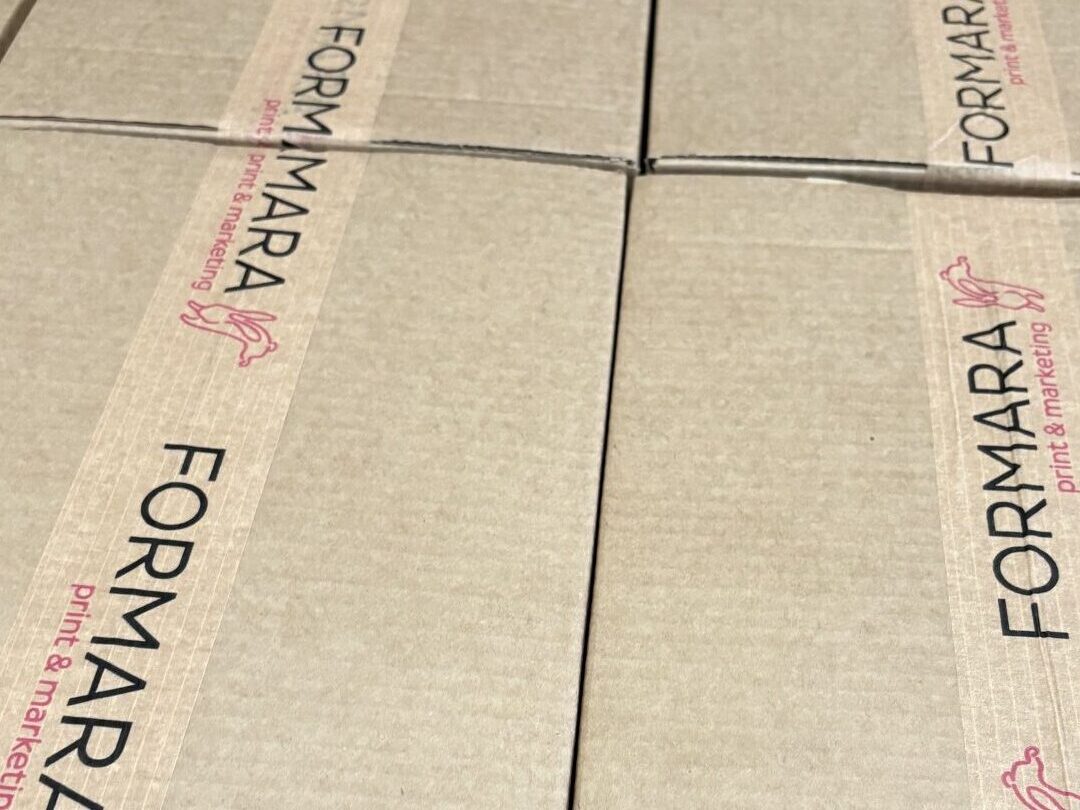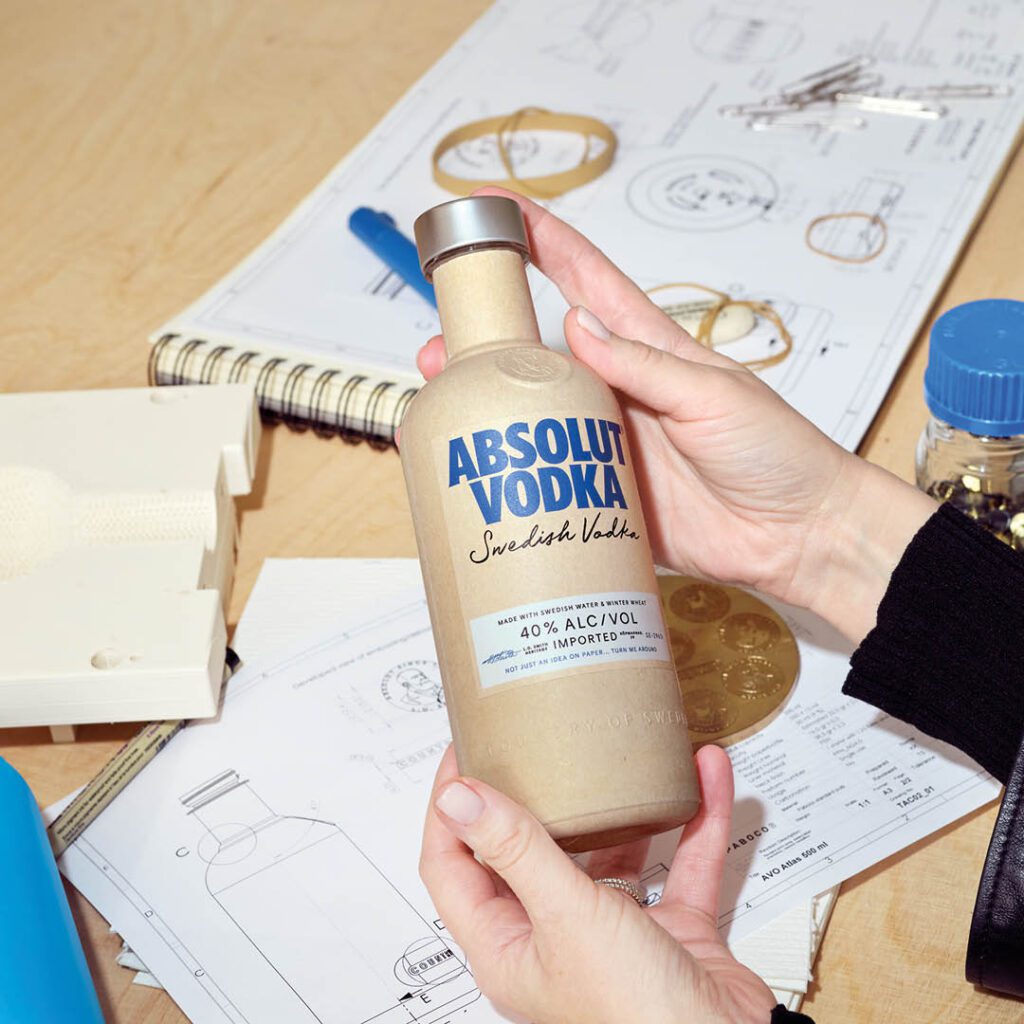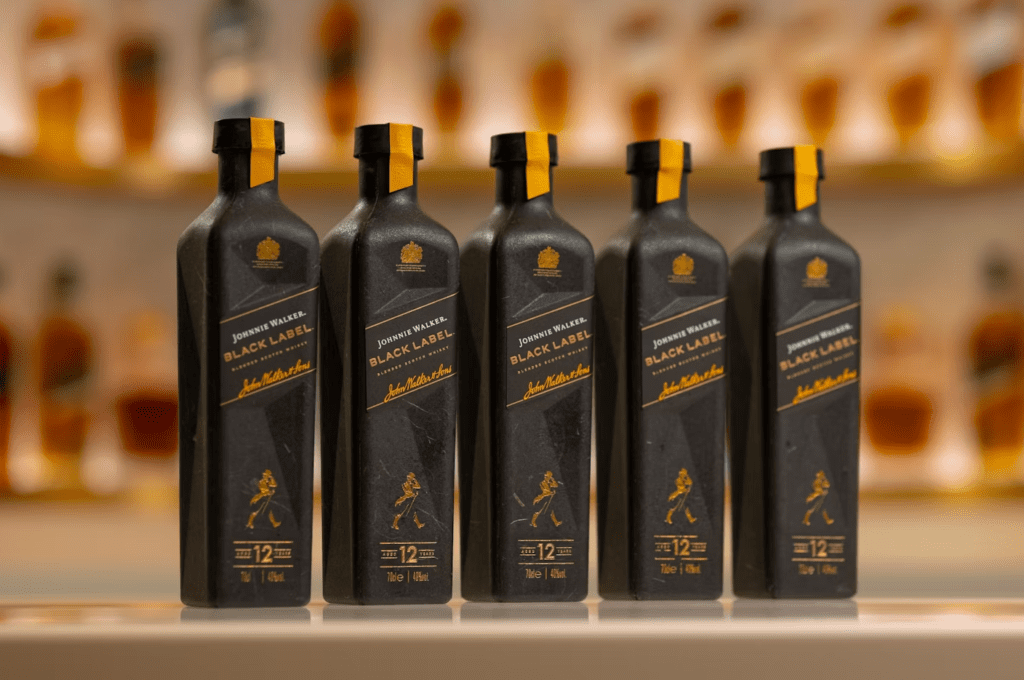Sustainability is important to us, even down to materials we use for our packaging. One of our key goals is to reduce plastic consumption, which is why we explored alternatives like paper tape for securing our shipments instead of plastic tape. As part of our commitment to reducing plastic waste, we tested two types of paper tape to see which one was durable enough to withstand the hustle and bustle of the delivery process. Our Digital Supervisor, Neil Gosling, took the lead in conducting a series of real-world tests.
Before conducting our tests, we initially believed that the paper tape options would perform well. However, we wanted to be certain that switching to paper tape was the right decision for us. It was essential to determine whether it could match the strength and reliability of plastic tape, ensuring our boxes, and ultimately our customers' items, remained secure throughout the delivery process.
We tested two types of tape:
To ensure a fair comparison, we followed a structured testing approach under consistent conditions. The boxes used were standard shipping cartons, each filled with approximately 12 kg of paper to simulate a typical package weight. The tapes were selected based on their common use in sustainable packaging, with Subject 1 being a popular strong paper tape, albeit a non-reinforced option and Subject 2 a reinforced paper tape for durability. While we anticipated that, by putting paper tape to the test, the reinforced tape would likely perform better, our goal was to determine which option was sufficiently strong for our boxes. To gain clarity on what is needed to ensure the safe transport of our customers' goods, preventing damage or loss.
We filled identical boxes with paper and applied three equal strips of each tape from top to bottom.
Each box was dropped from a height of 1 metre (waist height) to test the tape's strength.

The real test: could the boxes survive a delivery journey?
We took things a step further, dropping the Subject 2 box from a first-floor gantry (with strict health and safety measures in place!).
Based on our findings from the 'Putting Paper Tape to the Test, Test'. We compared Strength & Durability, Subject 2 – the reinforced paper tape – was the clear winner. It provided exceptional strength, ensuring our packages stayed secure throughout the delivery process.
As a result, we have adopted this tape for our packaging and even branded it with our logo. This not only reinforces our commitment to sustainability but also ensures our packages are instantly recognisable, even if a delivery label is lost or unreadable.

If you're looking to make your business more sustainable and want your company name or log printed on your tape,
Get in touch to get your company branded tape call 01702 613141 or email print@formara.co.uk
We can also help you by creating eco-friendly branded packaging that enhances your deliveries while reducing environmental impact.
As drinks giant Diageo announces it is trialling sustainable paper bottles for its Johnnie Walker whisky. And they are not the only ones!
So, we ask if paper bottles are likely to become the new normal.
Absolut Vodka previously collaborated with Paboco and the Pioneer Community, consisting of global companies Carlsberg, The Coca-Cola Co., Procter & Gamble, and L’Oréal, to launch a bottle that was 57% paper. Made from sustainably sourced wood fibre, Absolut’s first-generation single-mould bottles were made from 57% paper with an integrated barrier of recyclable plastic.
Although Absolut’s trial was limited to select Tesco stores in Manchester back in 2023, it remains a great example of how major brands are testing and developing alternative packaging solutions. Even though Absolut has not launched another commercially available paper bottle since that trial, its initiative is still at the forefront of consumers' minds when discussing sustainable packaging.
Elin Furelid, Director of Future Packaging at Absolut, said: “This is a step closer towards our vision of a fully bio-based bottle. We are exploring packaging that has a completely different value proposition. Paper is tactile; it’s beautiful; it’s authentic; it’s light. That was our starting point. But this is not just an idea on paper.
“We want consumers and partners to join our journey towards a more sustainable future. Together we can develop packaging solutions that people want and the world needs. That’s why bold partnerships with like-minded organisations to test the waters are going to be evermore crucial on our net zero journey.” Read more here.

Whilst working with Swedish packaging company PulPak and PA Consulting, Diageo has run a trial of Johnnie Walker sustainable paper bottles in their Edinburgh-based 1820 Bar. 250 of the bottles, which are 90% paper, were tested over a four-week period.
The company also tested moulded fibre bottles at the Time Out Food Festival in Barcelona in May 2024. They took 2,000 bottles of Baileys Minis to the event, where they received a favourable reception.
Due to being 60% lighter than their glass counterpart, paper bottles could reduce carbon emissions by 47%. This could represent a significant step in Diageo’s ‘Spirit of Progress’ plan to cut carbon emissions by 50% by 2030.

I wrote a post on LinkedIn about five or six years ago about English Vine, which claimed to be the first to offer ‘paper bottles’. However, while their product did have a paper bottle outer, the liquid contents were held in a plastic ‘bladder’.
The contents from English Vine were very nice, but in all honesty, I’m not sure the packaging really worked as a truly sustainable product.
Whilst some users and analysts have labelled announcements from the likes of Carlsberg as ‘greenwashing’, my understanding is that moulded fibre bottles do not contain any fossil-based polymer. The plant-based polymer lining used in these bottles is compatible with conventional recycling systems whilst also being degradable for those occasions when it is discarded incorrectly.
If I were a whisky or vodka drinker, I would certainly pick up a paper bottle. I suspect it will not be too long before paper bottles become commonplace in our supermarkets. However, there are still challenges ahead. The move to paper bottles requires substantial investment in new technologies and processes, and widespread adoption will depend on overcoming logistical and consumer acceptance hurdles. Not all brands or consumers are fully convinced about the practicalities of such packaging in every context.
These new innovations for paper from Diageo and the Absolut collaboration certainly look like strides forward in sustainable packaging with their trials in sustainable paper bottles. The figures for reducing carbon emissions are impressive and, I have to say, the bottles look fantastic. I suspect it will not be too long before paper bottles will be commonplace in our supermarkets.
Looking ahead, sustainable paper bottles represent a potential leap forward in sustainable drinks packaging. While there are obstacles to overcome, these early trials from major brands indicate a growing shift towards eco-friendly solutions in the drinks industry. As packaging innovation continues, the role of paper-based bottles could become a regular feature on supermarket shelves-ushering in a new, greener era for the drinks industry.
#LovePaper #paperbottles #sustainablepackaging


